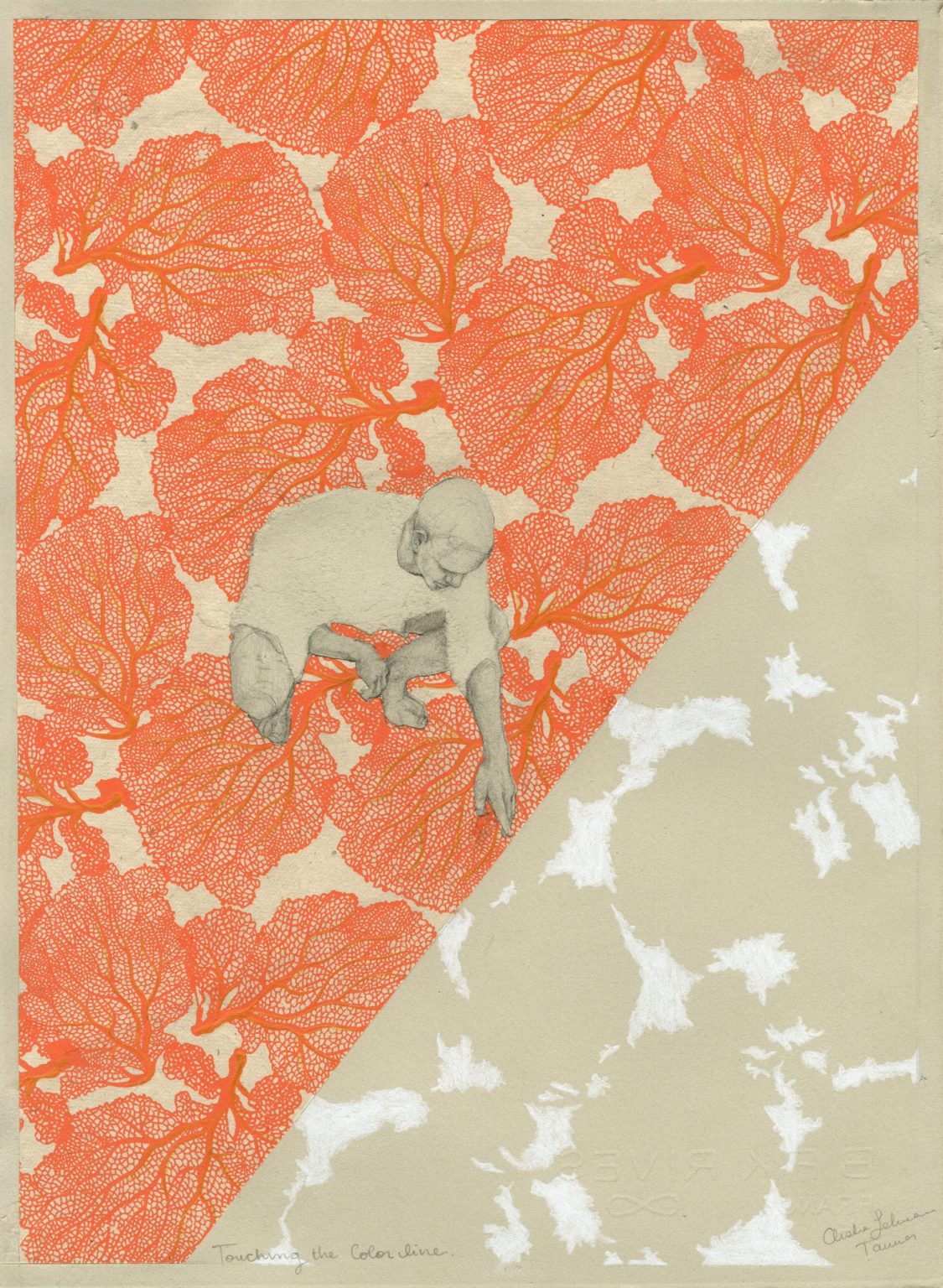Fall 2020 Editor’s Note
Dear Readers,
While preparing this edition of Inscape, I’ve found that there’s something sacred in reviewing another person’s art. Behind each anonymous submission there is a human with years of hopes, ambitions, and vulnerabilities.
There were hours spent sketching and resketching, typing until laptops were the only light, or perhaps writing by hand until cramps hit—leaving the writer crossing out words and smearing ink until more of the page was left marred than unmarred.
As an artist myself, I understand the battles fought and the labors that must be performed before feeling remotely ready to hit Submit.
So to those of you who submitted to our journal, feeling that this was a worthy home for your labors, thank you. Inscape cannot possibly house you all, but we honor you. Each piece was considered with respect and appreciation.
To those of you published in these pages, I understand the often unexpected and complex emotions that can come after receiving the hoped for Accepted. To immortalize yourself and your work through publishing is to declare something finished. It creates a snapshot in time of your own ability and permanently halts the progression, and maybe even stunts the potential, of a given piece at a given time.
Just yesterday I ran into a former professor—a friend and mentor—who told me that his first publication was in Inscape. He doubted if the piece still existed. I assured him it did, that we keep careful archives and what was once published in our journal is almost written in stone.
He responded, “That’s a terrifying thought.”
And though I laughed, I can’t help but feel he’s right.
Sometimes, letting your work live outside yourself is far more terrifying than getting rejected, than revising again, than relegating a piece to a file graveyard. If as an artist you prioritize growth, then you sign yourself up for a lifetime of cringing at your past self because, paradoxically enough, consistently improving means a version of yourself consistently gets worse. Yet we prefer that to stagnation.
So to all of our readers approaching this edition—whether for the first time or fourteenth, in hand or on screen—we hope that you see each piece as a cross section and not the whole of an artist and that you partake in an artistic moment with us. Most of all, we hope with Wordsworth that “what we have loved, [you] will love.”
Rebecca Cazanave
December 2020



